Oscar Vault Monday – Dog Day Afternoon, 1975 (dir. Sidney Lumet)
I think the first time I saw this film was on a hot August afternoon. I do know it was sometime in 2008 because it was the summer I moved to San Francisco the first time and I did a lot of Netflixing that summer. It was right around the same time I saw Sunset Blvd. for the first time. It was a good summer. This is a film just chock full of talent and energy and heart and soul and gravity and gaiety. It’s got everything. If you Google around, you can read about the events on which it was based; I won’t be discussing them here. The film was nominated for six Academy Awards, winning one: Best Film Editing (for Dede Allen, who was nominated for threes Oscars, though she never won and was in and of herself a ig player in the Hollywood New Wave), Best Supporting Actor Chris Sarandon, Best Actor Al Pacino, Best Original Screenplay Frank Pierson (won; more on this in a bit), Best Director and Best Picture. The other films nominated for Best Picture that year were Barry Lyndon, Jaws, Nashville and winner One Flew Over the Cuckoo’s Nest. There will be many spoilers after the cut.
Jesus what a year for nominees, huh? I wouldn’t want to choose between these films. I wanted to mention two things about the screenplay: I”m not sure why it counts as “Original” since in the credits of the film, it says it’s based on a magazine article. I’ll have to do more research to answer that. Two, in Sindey Lumet’s book Making Movies (which I highly recommend), he estimates that about 60% of the dialogue was improved during rehearsals, but he stressed that they stuck to Pierson’s structure and that he more than deserved his Oscar for his work. I’ve written quite a bit about Sidney Lumet’s work and you can see that all here: https://cinema-fanatic.com/tag/sidney-lumet/.
Like I said, this is based on a true story and I highly recommend you read about the incident. The film itself has even more of an impact if you know the circumstances of American (and specifically NYC) history and contemporary events from the era.
The film begins with a montage of people going about their lives in a hot New York City day. As the montage ends, we settle on three men in a car. One by one they enter a bank, and we can tell where the story is going. Or, at least, we think we can. But, when one of the robbers panics and asks to leave – and the leader lets him, we know we’re in for something strange.
Sonny is not your average bank robber. He’s got morals, which he mentions often. Though his morals are clearly his own. The manager of the bank – played here in a staggering performance by Sully Boyar – is also a man of morals. He’s got a wife and kids, but he’s loyal to the employees of his bank and he’s determined to do whatever he can to ensure their safety. As the film progresses, the relationships between the hostages and their captives ebbs and flows from camaraderie to distrust and back again.
Pacino is unbelievably good in this film. Lumet and Pacino had perviously worked on 1973’s Serpico – also based on a true story. The 70s truly belonged to Pacino and De Niro and Nicholson and Beatty. Their work is timeless and legendary. I love Lumet’s framing here. He does this often in this film, Tight group shots. It’s his way of making the film feel as claustrophobic as the event would have been. Apparently, the original article on which the film is based, described Wojtowicz as “a dark, thin fellow with the broken-faced good looks of an Al Pacino or Dustin Hoffman”. Perfect casting indeed. Pacino received his fourth of what would become eight Academy Award nominations, though he lost to Jack Nicholson in One Flew Over the Cuckoo’s Nest.
Penelope Allen is so wonderful as the head teller Sylvia, lovingly know as “Mouth.” She’s clearly a lady who’s been around a time or two and doesn’t put up with any bullshit. There’s one scene between here and John Cazale later in the film that gives me the chills.
Again, here’s a comment that has more of an impact when you know the era. This film is 1972, was released in September of 1975 and the Vietnam War was ended until April of 1975. This is a very loaded sentence. As the film progresses, you get the feeling Sonny would probably not kill and innocent person, but Sal most definitely would. Clearly, from this sentence their time in Vietnam was not a piece of cake (was it ever?) and they’re still dealing with its ramifications (aren’t we still?). What kind of horrors did they see? What kind of horrors did they come back to?
I’m wondering if this is verbatim from the incident, from the script, or one of Pacino’s improvisations. Either way, it captures the ethos and anger of an entire generation.
You can read about the Attica Prison Riots here. Here is where Sonny begins to be the prototypical anti-hero of the 1970s. He’s out for social justice, even while committing a crime. The crowd cheers for and with him. He’s standing up against “the man” and rebelling in a way most people only dream of. This line was named the 86th most iconic line in American film by the AFI in 2005.
I feel like a remember reading somewhere that this was all improvisation, but for the life of me can’t remember where I read it. Let’s just talk about the genius of John Cazale for a second. I recommend the documentary I Knew it Was You from 2009, about the brief life of this brilliant actor. Cazale was in only five films during his brief career: The Godfather, The Conversation, The Godfather Part II, Dog Day Afternoon and The Deer Hunter. All five of those films were nominated for Best Picture, three of them won the prize. He died of cancer at the age of 42, but his legacy is astonishing. His characters are mostly broken, vulnerable, yet violent men. His performances nuanced and subtle. A true giant among men.
This line is actually spoken by Pacino’s character after some trigger happy police officers attempt to enter the bank from the back. Charles Durning plays negotiator Sergeant Moretti, who does his best (much like the bank manager) to get the situation resolved swiftly and with little to no violence. At one point, Sonny releases one of the hostages because he has become ill and the police immediately cuff him – like he was a criminal – all of which is seen by one of the other hostages, the media, etc. Moretti puts a stop to it and blames it on “communication” issues. Everything is about communication issues. Watch the film and you’ll see what I mean. Durning was nominated for Best Supporting Actor twice: for 1982’s The Best Little Whorehouse in Texas and 1983’s Tootsie.
Lumet uses aerial shots to establish the sheer mass of force, as well as the crowd which as appeared to witness the event. These shots also have the duel purpose of showing us just how small they are in the grand scheme of things. When we’re with Sonny and Sal, the shots are tight and the two fill the screen. But here we are reminded how small one person really is.
Earlier in the film Sonny asks for his wife and Lumet intercuts the action with shots of his wife Angie at home with their kids. About halfway through the film we’re told his wife has finally come. The car door opens and Leon (Chris Sarandon) exits. We discover that this is the wife that Sonny actually asked for and that the two were married a year ago by a priest (who was later disrobed) in a ceremony that was attended by Sonny’s mother. Sonny was robbing the bank to pay for a sex-change opperation for Leon, who had come to realize he was a woman trapped in a man’s body. This is, as Lumet himself put it, “exotic stuff” for 1975. Sarandon plays Leon like a battered wife, frail and emotionally disturbed. For his work he was nominated for Best Supporting Actor, losing to George Burns in The Sunshine Boys.
The later half of the film, we realize is an LGBT film and explores issues about love and sexuality, as well as shame and morality that go way beyond just bank robbery. Sal wants the television to stop saying they’re both homosexuals. Every time Sonny goes outside and comes in contact with another man, instead of cheering, we hear kissing sounds, as the crowd begins to mock their one-time hero.
This is right about when FBI Agent Sheldon (James Broderick) takes over the negotiations from Moretti. His take on the situation is far more formal, and less compassionate than that of the police officer.
There is so much to say about these two phone calls. Firstly, I love the way Lumet begins the framing of Leon. You can barely even see him in all the chaos. As the phone call becomes more personal, however, the angle changes and we get a tighter frame on Sarandon. It’s his work in this scene for which he received his Oscar nomination. It’s utterly heartbreaking.
Pacino then calls his wife Angie, who literally will not stop talking. But you can see Sonny’s love for her. When she starts to call herself fat, he tries to console her, telling her not say that. He wants to say goodbye her, but he can’t get a word in edgewise.
In Making Movies, Lumet says he wanted to film both phone calls in one take, but that they were about fifteen minutes long and one camera only holds about ten minutes of film. He set up two cameras side-by-side and when one was almost about to stop, he started the other. As soon as the take was over, Lumet realized in order to really get the drained, exhausted performance he wanted, he would have to do another take right away. He ordered the second camera to roll – much to Pacino’s chagrin – and while that one rolled, he added more film to the first one, which was ready to go as soon as the second one ran out. As the take ended, Pacino was in tears, he was so emotionally drained, and looked straight at Lumet, who was also in tears – moved by Pacino. Lumet went on to say he thought it was some of the finest film acting he ever saw.
A little bit later, we see the news of Sonny’s reasons behind the robbery have made him a bit of an LGBT hero, as a group has marched to the bank in full support of him and his cause.
Sonny is also visited by his mother. I love the way Lumet introduces her, through a window, a pillar. Through their brief conversation, we learn a lot about their relationship. She clearly does not like Sonny’s wife Angie, and also does not understand how sexuality works at all. A little while after this scene, Sonny dictates his will. This, for Lumet, was to be the biggest emotional punch in the film. In it, you see that Sonny cares deeply for Leon and Angie. This idea of the fluidity of human sexually was definitely not common in cinema up to this point (heck it still isn’t, really).
I just gotta mention the “limo” driver (who later turns out to be another FBI agent) is played by Dick Anthony Williams, who you will recognize as Officer Allen from Edward Scissorhands.
Also in a brief role is Lance Henriksen, making his big screen debut.
Eventually, Sonny and Sal believe they will be taken to the airport and given a jet that will take them to Algeria (a funny choice, if you think about all the shit that went down in Algeria in the 60s. . .). They move to the car using the hostages as a human shield. Sonny’s declaration of “Fuck, we did it!” when they safely make it to the car is genuine and so naive. Does he really believe this is going to end well? Earlier, when his mother tried to tell him she’d worked it all out with the FBI and that they understood why he did it and everything was going to be okay, he blew her off. He knew that wasn’t the true. Why does he believe it now? Before they left, Agent Sheldon assures Sonny that they will “take care” of Sal. So, perhaps, he knew along how the events were going to play out.
When they get to the airport, Sonny panics because he forgot to ask if there would be food on the place. Such a strange, yet understandable thing to panic about.
Before they get on the plane, they release one of the hostages. She in turn tells Sal not to worry about his first trip on an airplane and hands him her rosary, which he snatches and clutches to his chest. It’s a tender moment, a humanizing moment. For a second, you think maybe they have made it. The next thing you know, however, Sal’s got a bullet in his head.
And Sonny is begging for his own life. Did he know this was going to happen? Part of him must have known.
As he watches his friend gets taken away on a stretcher, what is he thinking? Is Sal better off? Did he get the best end of the deal? Freedom? Who’s to say.
Of those twenty years, the real Wojtowicz spent six years in prison (and was arrested again for breaking his parole in 1986). He died in 2006. He sold the movie rights to this story for $7,500 (and 1% of the profits), with which he paid for the sex-reassignment surgery for Leon – real name Ernest, later known as Elizabeth. She died in 1987 of AIDS-related pneumonia. Wojtowicz was apparently unhappy with the film, which he thought was only about 30% accurate – especially in the way in which it portrayed his wife, though he praised both Pacino and ‘s performances. You can read more about the real Wojtowicz here.
Posted on August 19, 2013, in Oscar Vault Monday and tagged 1975, Al Pacino, Amy Levitt, Carol Kane, Charles Durning, Chris Sarandon, Dede Allen, Dick Anthony Williams, Dog Day Afternoon, Frank Pierson, James Broderick, John Cazale, Judith Malina, Lance Henriksen, Penelope Allen, Sidney Lumet, Sully Boyar. Bookmark the permalink. 3 Comments.
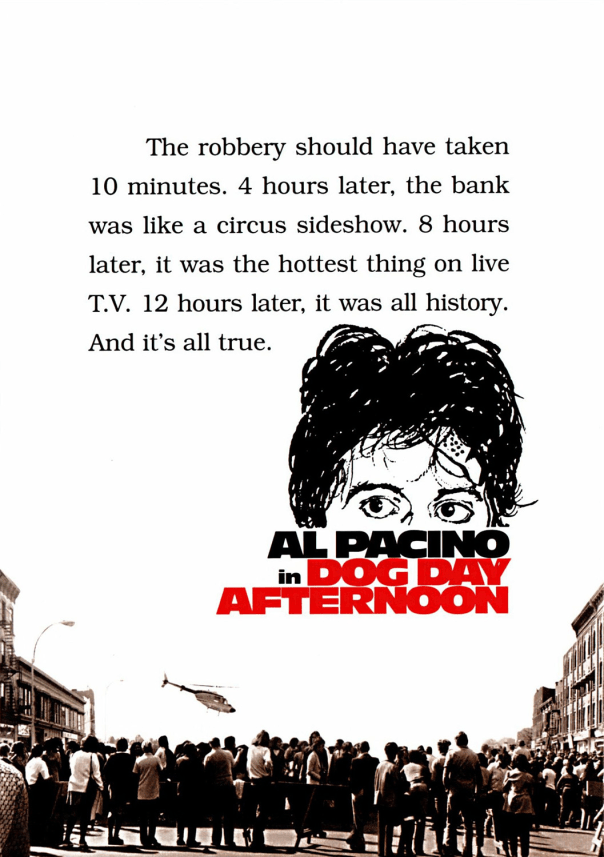





























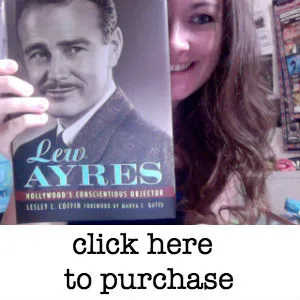

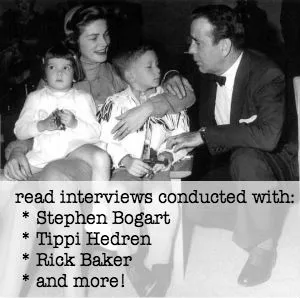
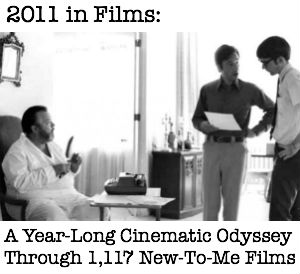
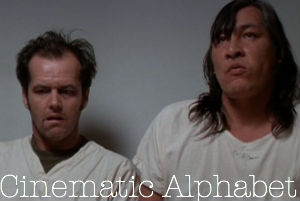

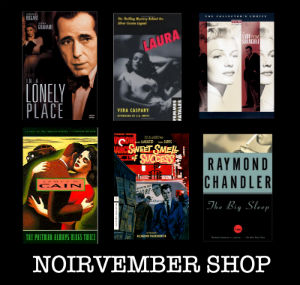
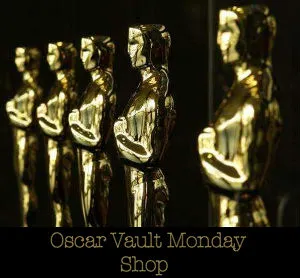







What a flick! But even better, what a review! Loved Pacino and Cazale in this, as well as Durning, who I never thought got a bigger shot in Hollywood. However, that’s just me.
I need to watch this. Right now. What an amazing review!
Pingback: Oscar Vault Monday – Rachel, Rachel, 1968 (dir. Paul Newman) | the diary of a film history fanatic